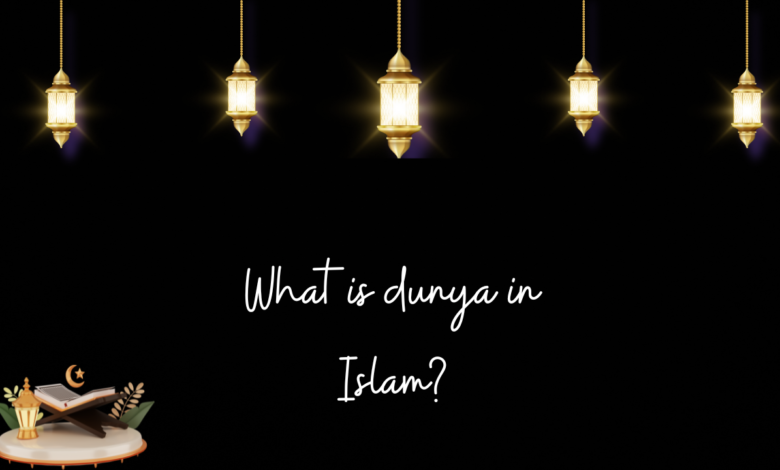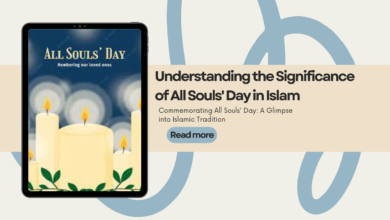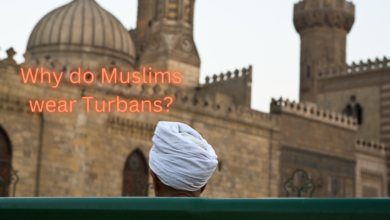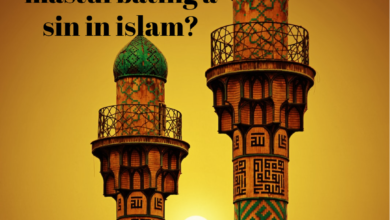What is dunya in Islam?

Introduction
In Islam, the term “Dunya” holds a profound significance that goes beyond its literal translation as “world” or “earthly life.” It encapsulates the temporal and fleeting nature of the material world in contrast to the eternal and spiritual realm of the Hereafter. This concept plays a central role in shaping the worldview and priorities of Muslims, guiding them towards a balanced and purposeful life.
Temporal Nature of Dunya:
Islamic teachings emphasize the transient and impermanent nature of Dunya. The Qur’an repeatedly reminds believers that worldly possessions, pleasures, and pursuits are temporary and should not consume their entire focus. In Surah Al-Hadid (57:20), Allah says, “Know that the life of this world is but amusement and diversion and adornment and boasting to one another and competition in increase of wealth and children…” This verse underscores the fleeting nature of worldly pleasures and encourages believers to seek a deeper connection with the divine.
Test of Faith:
Dunya is seen as a testing ground for human beings. It is a place where individuals are given free will and are tasked with making choices that shape their eternal destiny. This concept is beautifully illustrated in the Qur’an (67:2), where Allah states, “He who created death and life to test you as to which of you is best in deed – and He is the Exalted in Might, the Forgiving.”
Detachment and Moderation:
Islam teaches the principle of detachment from excessive attachment to worldly possessions and desires. While enjoying the permissible pleasures of life, Muslims are encouraged to maintain a sense of moderation and gratitude. Prophet Muhammad (peace be upon him) said, “Be in this world as though you were a stranger or a traveler.” This metaphor underscores the idea that believers should not become too engrossed in the material world, but rather view themselves as temporary visitors.
Prioritizing the Hereafter:
The ultimate goal in Islam is to attain success in the Hereafter by obeying Allah’s commands and living a life of righteousness. While Muslims are allowed to pursue worldly endeavors, these pursuits should not compromise their spiritual growth or adherence to religious obligations. The Prophet Muhammad (peace be upon him) said, “Take account of yourselves before you are taken to account.” This advice encourages believers to consistently assess their actions and intentions in the light of their faith.
Permanence of the Hereafter:
The concept of Dunya gains its full significance when contrasted with the everlasting nature of the Hereafter. Believers are encouraged to invest in deeds that will secure their place in the eternal paradise. The Qur’an (18:46) states, “Wealth and children are [but] adornment of the worldly life. But the enduring good deeds are better to your Lord for reward and better for [one’s] hope.”
Conclusion:
In Islam, Dunya symbolizes the transient nature of the material world and serves as a reminder for believers to prioritize their faith, good deeds, and connection with the divine. While they are allowed to partake in the blessings of this life, they are also cautioned against becoming overly attached to worldly possessions and desires. The overarching message is one of balance, detachment, and an unwavering focus on the Hereafter as the ultimate goal. By understanding and internalizing the concept of Dunya, Muslims strive to live purposeful lives that lead to spiritual growth and everlasting success.
FAQs about Dunya in Islam
What does “Dunya” mean in Islam?
“Dunya” is an Arabic term commonly used in Islam to refer to the temporal world, including the material aspects of life, worldly affairs, and everything pertaining to this earthly existence.
How does Islam view the Dunya?
In Islam, the Dunya is considered temporary and transient in comparison to the Hereafter (Akhira), which is believed to be eternal. Believers are encouraged to focus on their spiritual journey and seek the pleasure of Allah, while using the Dunya as a means to fulfill their responsibilities and attain rewards in the Hereafter.
Is the Dunya considered inherently bad in Islam?
The Dunya itself is not inherently bad in Islam. It’s the attachment and obsession with worldly pursuits that can lead to negative consequences. Islam encourages a balanced approach where believers engage in lawful activities of the Dunya while keeping their ultimate focus on their faith and spiritual growth.
How does Islam emphasize detachment from the Dunya?
Islam teaches believers to maintain detachment from the Dunya by not becoming overly attached to its luxuries, wealth, or fleeting pleasures. The Prophet Muhammad (peace be upon him) advised moderation in worldly matters and encouraged acts of worship, charity, and selflessness to maintain this detachment.
How can believers strike a balance between Dunya and Hereafter?
Believers are advised to strike a balance by fulfilling their religious obligations (such as prayers, fasting, and charity), seeking lawful means of sustenance, and being responsible members of society. At the same time, they should avoid excessive materialism and remember the impermanence of worldly possessions.
Can one enjoy the blessings of the Dunya and still be a devout Muslim?
Yes, Islam doesn’t forbid enjoying the permissible pleasures of the Dunya. However, the enjoyment should be within the boundaries set by Islamic teachings. One should avoid extravagance, excessiveness, and anything that could divert them from their spiritual path.






